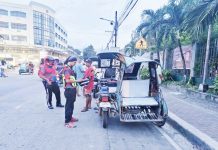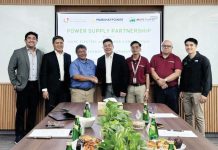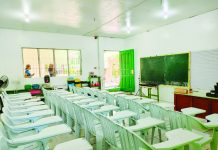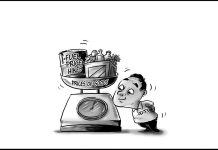
AS THE Commission on Elections (Comelec) gears up for the May 2025 midterm elections with a pioneering initiative to implement online voting for overseas Filipinos, security concerns are naturally taking center stage. The allure of digital convenience comes shadowed by the daunting risks of hacking and data breaches, a reality that stirs mixed feelings among overseas Filipino workers (OFWs).
An OFW from Miag-ao, Iloilo interviewed in a report of this paper yesterday mirrors the sentiment of many OFWs who appreciate the ease online voting promises, a stark contrast to the logistic complications of embassy-based voting. Yet, there are also OFWs voicing valid fears about the integrity of their vote in the face of potential cyber threats. These concerns are not unfounded, given the global uptick in cyber-attacks, particularly targeting electoral systems.
Comelec’s response, as articulated by spokesman Rex Laudiangco, assures a system replete with authentication and audit features. However, the specifics of these technologies remain nebulous. While a mobile application could indeed streamline the voting process, ensuring its security is paramount.
Cautious optimism, contingent on understanding the mechanisms behind the system, reflects the broader need for transparency from Comelec in its digital endeavors. This transparency is essential, not only in the operational details but in the rigorous testing and third-party audits of the system before it goes live. Transparency builds trust, and trust is the bedrock of any successful electoral process—more so one that treads new digital grounds.
The trade-off between convenience and security is a delicate one. Online voting, lauded for its accessibility, could indeed boost participation among OFWs, as reflected in the dismal 40.59 percent turnout in the 2022 election despite a hefty P500 million registration campaign. Ensuring that the system is impervious to hacks is crucial. The memories of past data breaches are too vivid, and the stakes too high, to settle for assurances without evidence.
To fortify this trust, Comelec should consider multiple layers of security, including end-to-end encryption and multi-factor authentication, to safeguard the electoral process. Moreover, public demonstrations of the voting system, detailed explanations of its security architecture, and open forums for OFWs to voice their concerns and receive direct feedback could demystify the process and alleviate apprehensions.
In balancing the scales of convenience and security, the overarching aim should be clear: a transparent, accessible, and secure online voting system that upholds the sanctity of every vote.







